Analyzing Media's Influence on Political Science Issues and Inequality
VerifiedAdded on 2023/01/19
|5
|1133
|35
Essay
AI Summary
This essay delves into the significant influence of media on political science, examining how media coverage shapes the understanding of political issues and reflects societal inequalities. The essay begins by highlighting the dynamic nature of the media environment and its impact on democratic governance, referencing the rise of new media alongside legacy media. It explores how news media influences government institutions, political leaders, elections, and citizen engagement. The discussion covers the role of media as regulators, agenda-setters, and facilitators of public debate, emphasizing its importance in enabling civic engagement. The essay also addresses inequalities in media access and the influence of political procedures and economic trends on these disparities. Furthermore, it explores the propaganda model in the context of pro-rich tax reforms and how media outlets may show incompetence to account in an unbiased and impartial assessment. The conclusion summarizes the pivotal role of mass media in shaping political events and public policy discussions, reinforcing the media's impact on the coverage of political science issues.
1 out of 5
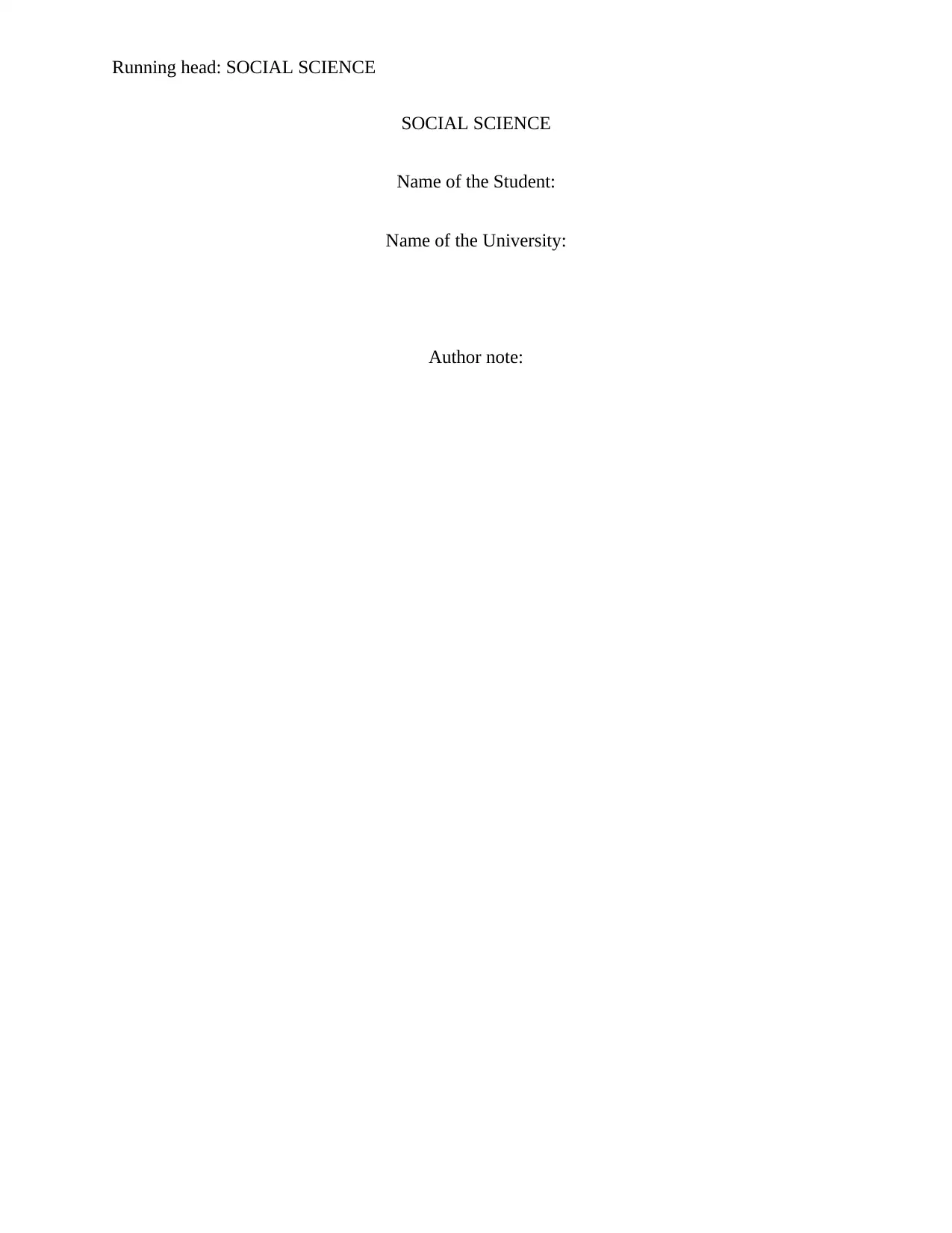
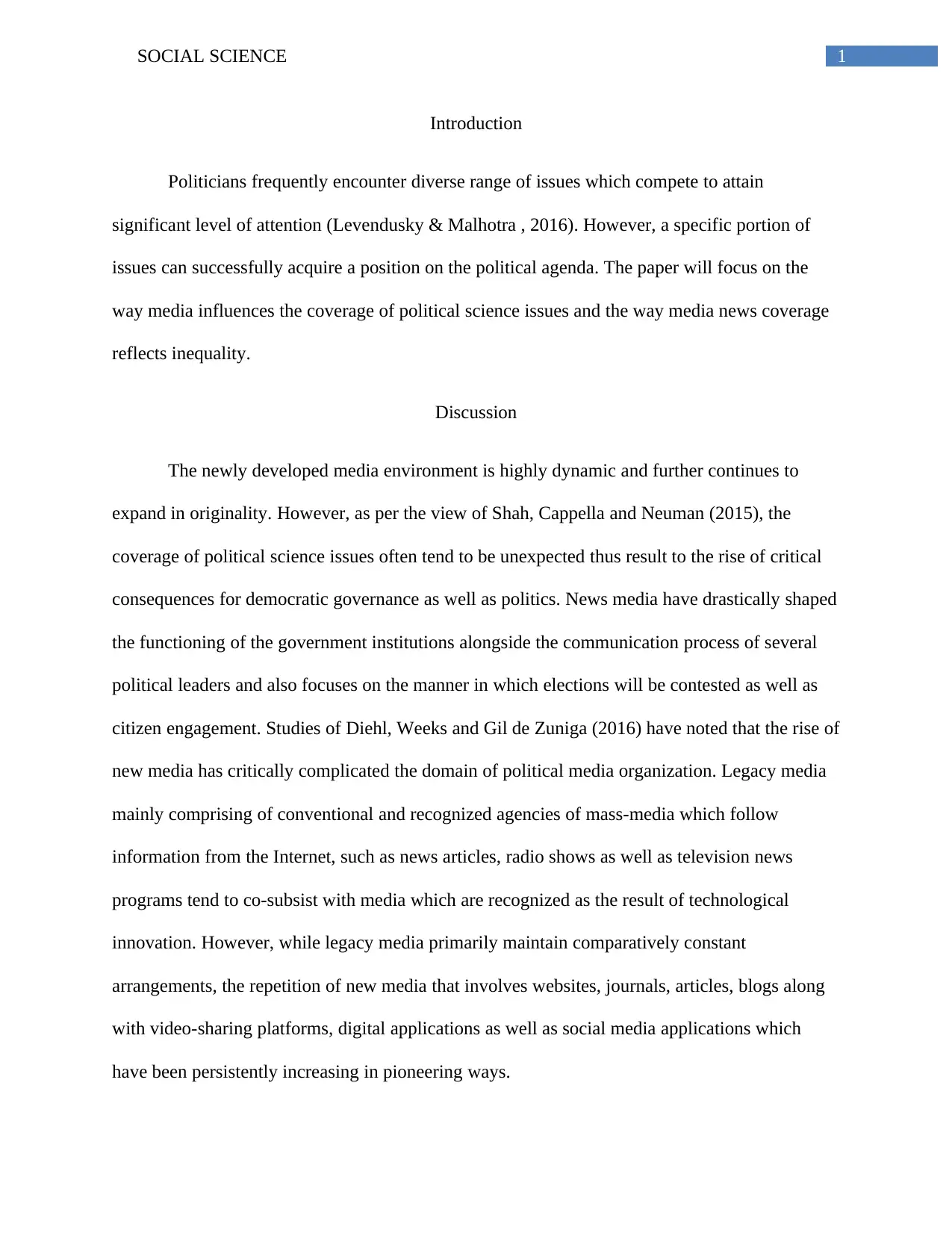
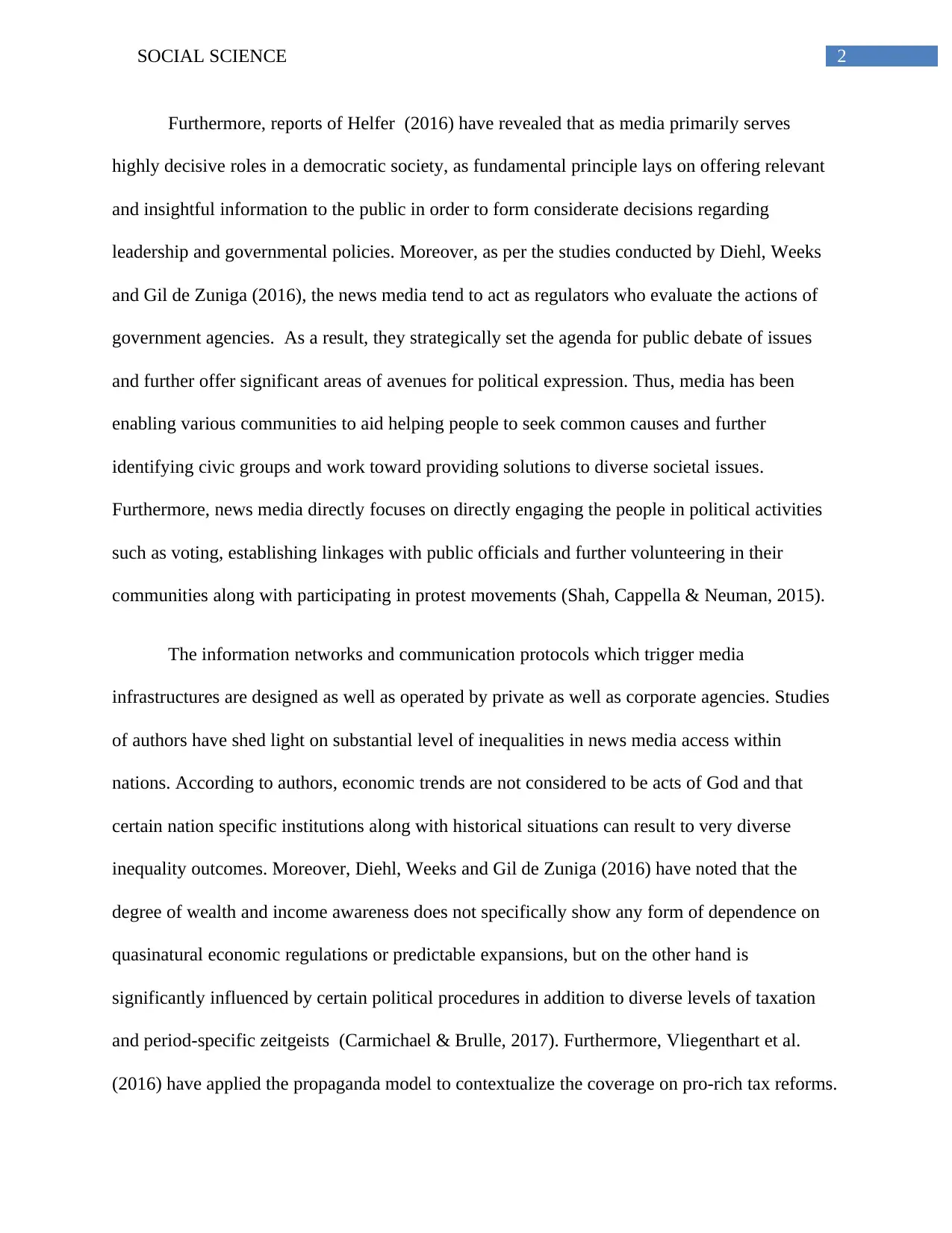

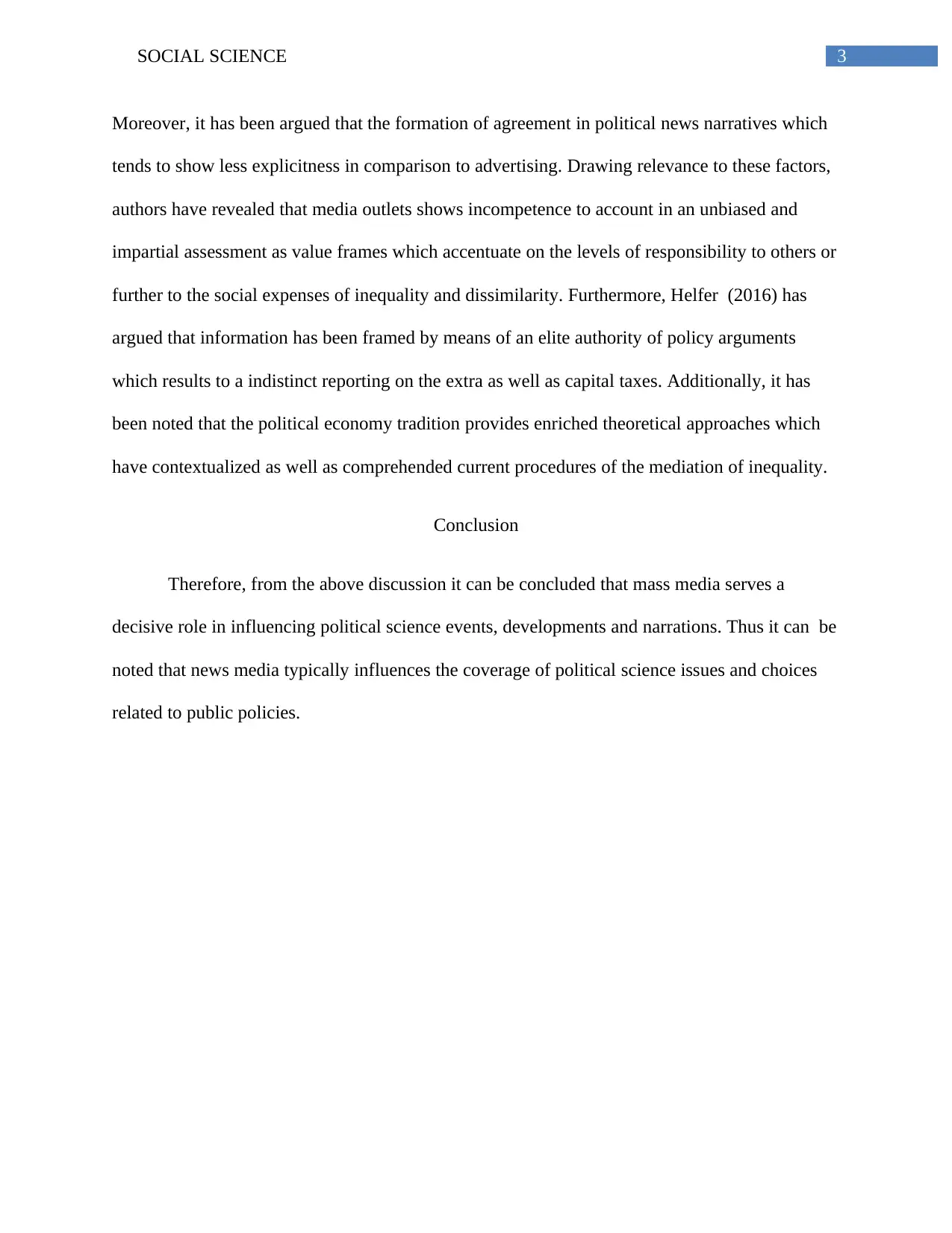
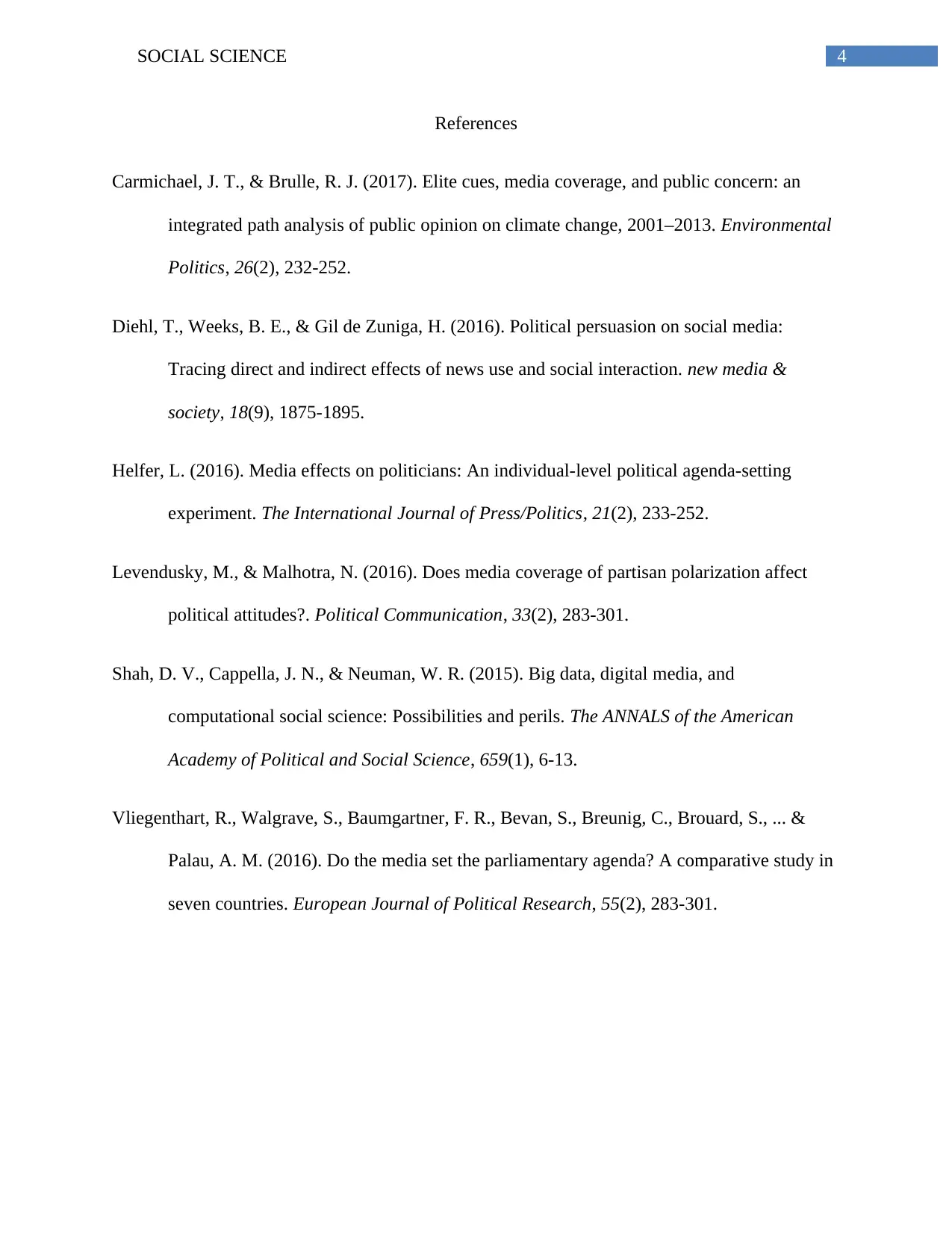
![[object Object]](/_next/static/media/star-bottom.7253800d.svg)